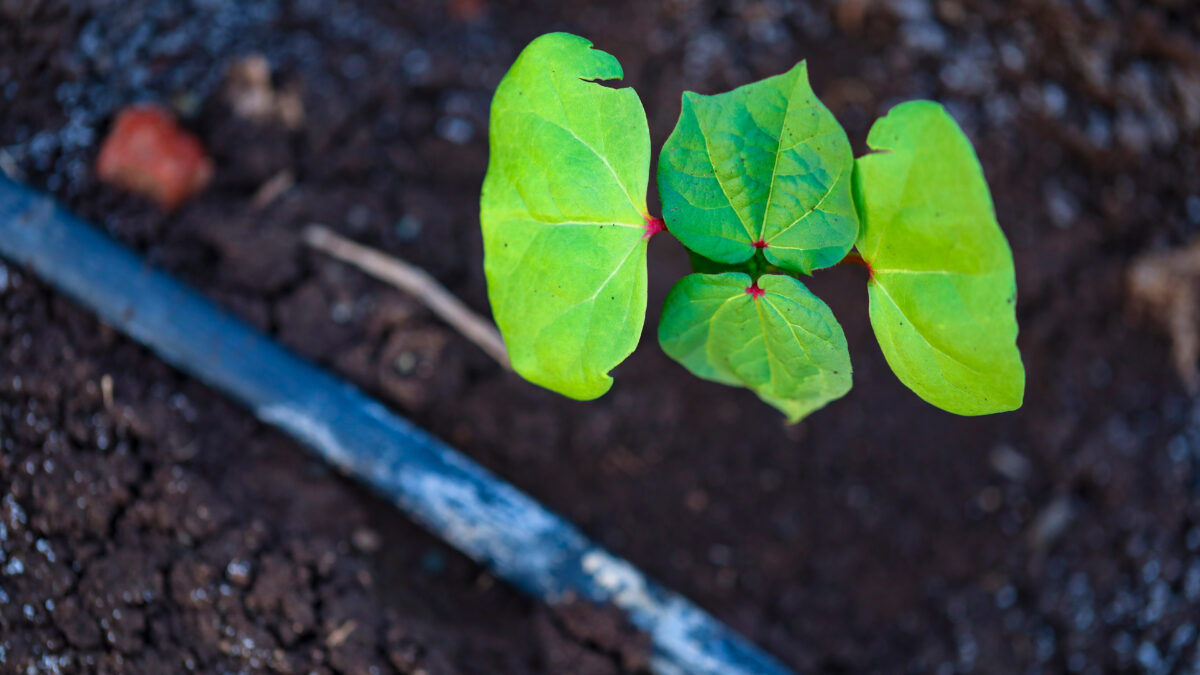Cotton producers in Greece have succeeded in cutting back on their use of water, pesticides and fertilisers, employing innovative technologies to achieve better yields while also reducing production costs. More specifically, the use of tractors equipped with automatic guidance systems (GPS) – with the help of appropriate tractor attachments – enables farmers to change the way they fertilise and to achieve more optimal application of spraying. Using the automated guidance system, farmers know precisely which points in the field they have already sprayed. In this way, they avoid overlaps and minimise their use of pesticides and fertilisers. Additionally, this system enables them to reduce the number of farmhands needed, as these technologies enable the targeted application of inputs in the field, reducing superfluous tasks.
Reduction of water use
In combination with the above technologies, smart farming applications inform cotton producers of when they need to water their fields. By installing meteorological stations in their fields, farmers receive appropriate advice as to when and how much they need to water. Thanks to such a system, farmers receive notifications regarding the probability of rain and they thus know whether or not they should water their fields. In this way, they rationalise the use of water in their fields and reduce wastage.
Grains and industrial tomatoes
These technologies can also be applied to cultivations of grains and industrial tomatoes. Mapping their fields through automated tractors equipped with GPS, farmers cover every point in a field as the course of the tractor is recorded while it applies the right amount of inputs depending on the field’s needs. Technology helps to increase yields and cut costs, and at the same time the farmer’s work is done more quickly and in a more targeted manner, improving the quality of the crop. Technology also enables farmers to use inputs in agriculture more rationally, shrinking the environmental footprint of cultivations.










